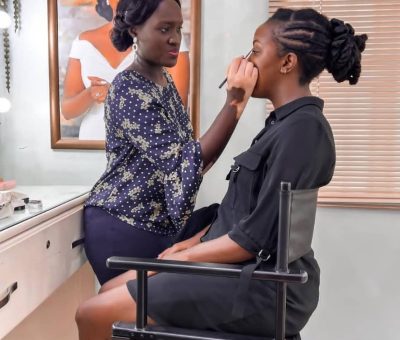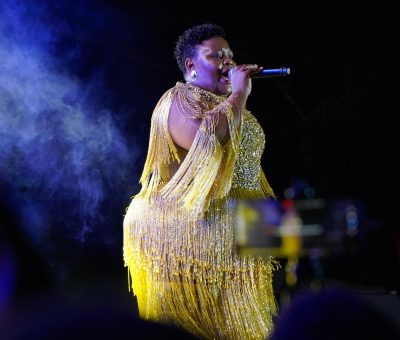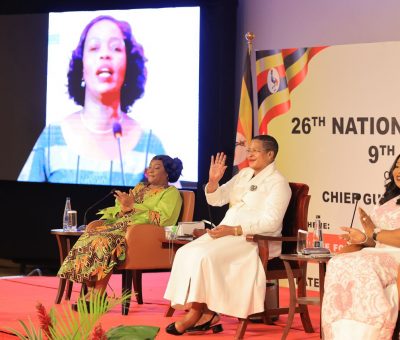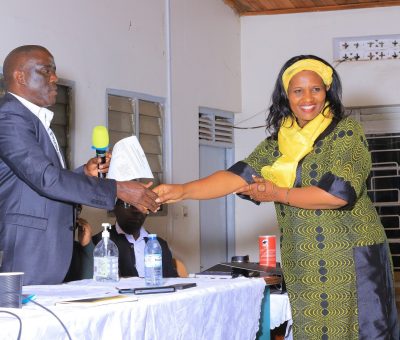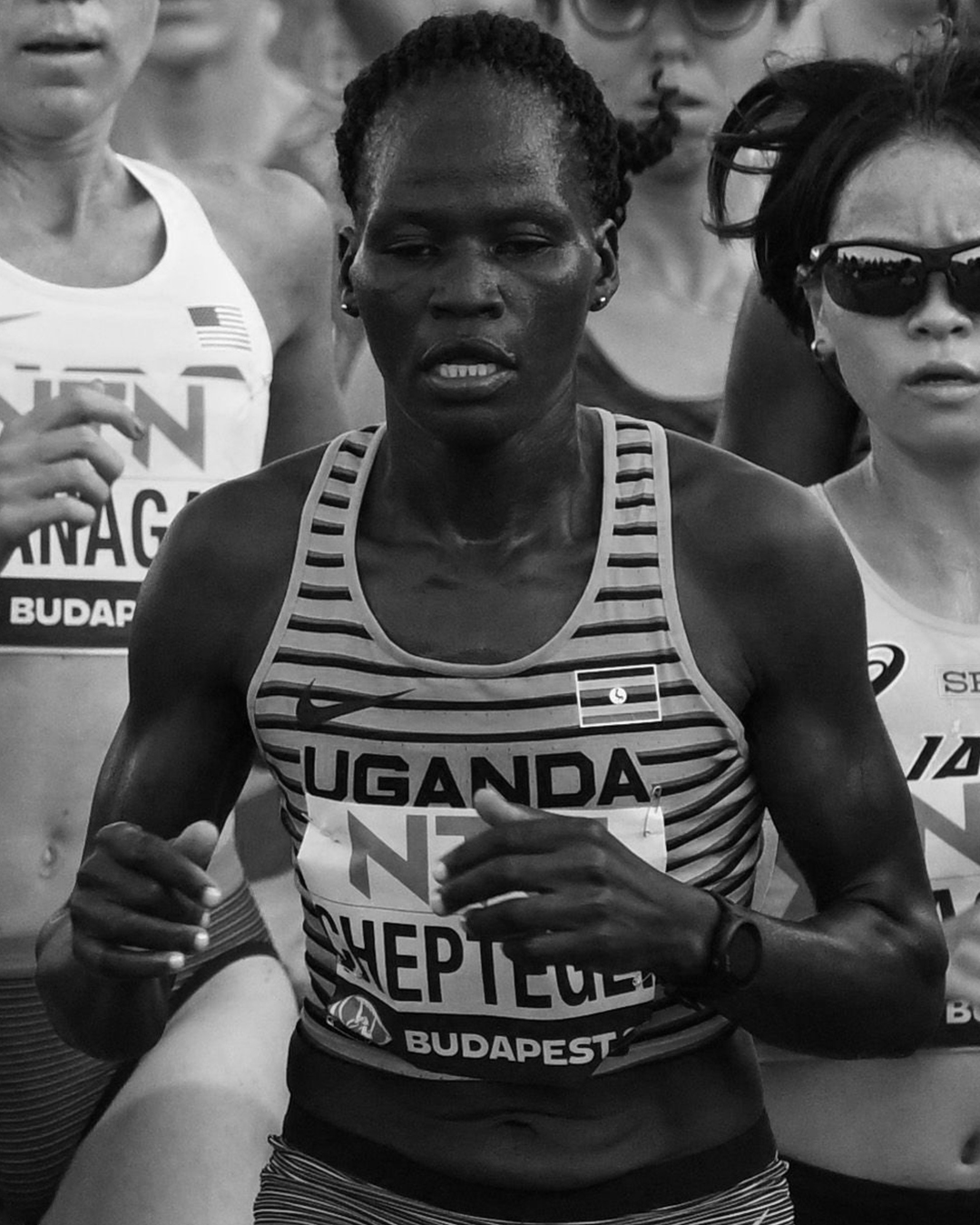
Gender-based violence in Kenya: The tragic case of Rebecca Cheptegei
Gender-based violence (GBV) remains a grave issue in Kenya, where startling statistics paint a troubling picture of the extent of the problem. According to the Kenya National Bureau of Statistics, approximately 34% of women have faced physical violence since turning 15, and 13% have experienced sexual violence at some point in their lives. Married or previously married women are nearly twice as likely to report incidents of physical violence compared to single women. The 2023 report highlights the widespread nature of the issue, with violence occurring in families, workplaces, and schools.
Data from the Kenya National Police Service further emphasizes the magnitude of the issue. In 2021, out of 8,149 victims of sexual and gender-based violence, an overwhelming 92% were women, with only 8% being men. These numbers show that women continue to bear the brunt of violence, which is often perpetuated by intimate partners, family members, friends, and even strangers.
The root causes of this violence are deeply entrenched in societal norms. According to UNAIDS, unequal power dynamics, harmful gender norms, and societal expectations around masculinity contribute significantly to GBV. These factors encourage male dominance over women, often manifesting in physical and sexual violence.
One of the most tragic recent cases that has brought attention to the scourge of gender-based violence is that of Rebecca Cheptegei, a renowned Ugandan Olympic marathon runner. Cheptegei, aged 33, was brutally attacked by her partner, Dickson Ndiema, on September 3, 2024. After a disagreement over a piece of land she had purchased in Kenya, Ndiema doused Cheptegei in petrol and set her on fire at her home in Kenya’s Trans-Nzoia County. She sustained burns over 80% of her body and tragically succumbed to her injuries on September 5, 2024. Cheptegei competed in the women’s marathon at the 2024 Paris Olympics, finishing in 44th place, less than a month before the attack. The loss of Cheptegei has devastated both Kenya and Uganda, where she was laid to rest in Bukwo district with full military honors. Thousands of mourners, including athletes and family members, gathered to pay their final respects.
Ajilong B. Modestar, the Bukwo district commissioner, captured the heartbreak of the moment, stating, “As a nation, we are indeed in a black and dark moment. We condemn in the strongest terms the manner in which Rebecca died… We should not continue battering women in this manner.”
Cheptegei’s death is not an isolated case. She is the third female athlete in Kenya to have been killed by a partner in the last three years, highlighting a troubling pattern of violence against female athletes in the region. This surge in violence has sparked multiple protests in Kenya, with activists demanding justice for the victims and an end to GBV. Cheptegei’s tragic death also prompted a protest march by activists in Eldoret, Kenya, calling for an end to violence against women, especially female athletes who are increasingly becoming targets.
Cheptegei was not just a promising athlete; she was a mother, a daughter, and the breadwinner for her extended family, including her two daughters, aged 9 and 11. Her partner, Ndiema, who also sustained burns in the attack, later died of his injuries. Cheptegei’s case, like those of other female athletes such as Agnes Tirop and Damaris Mutua, both killed by their partners in similar circumstances, underscores the need for urgent action to address gender-based violence. Tirop’s death in 2021, when she was stabbed to death by her husband, led to the formation of Tirop’s Angels, a non-profit dedicated to supporting victims of domestic violence.


